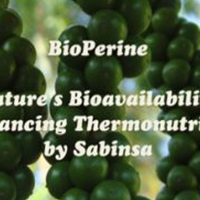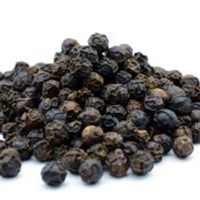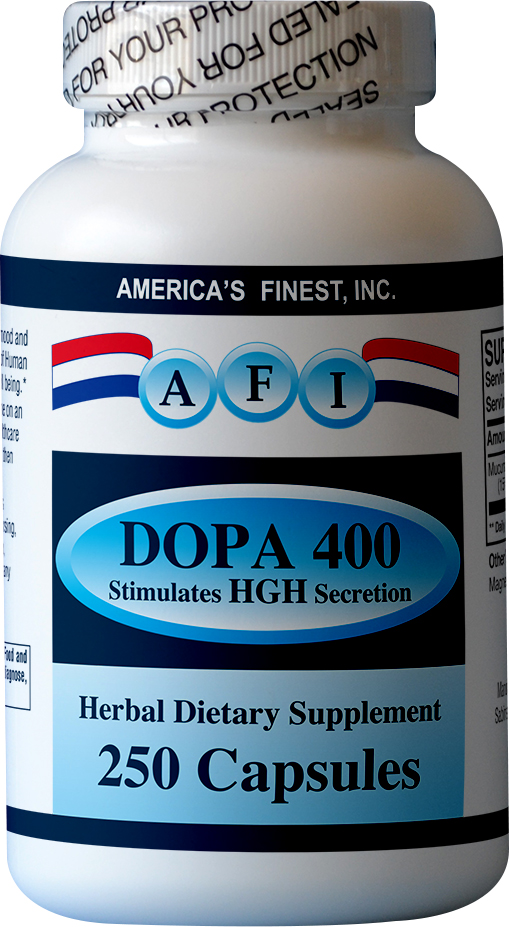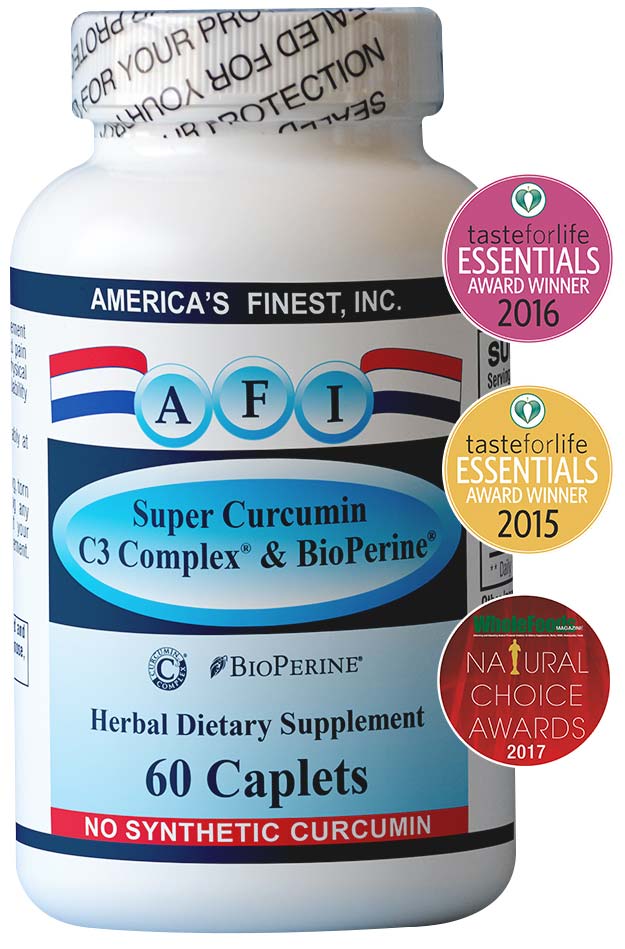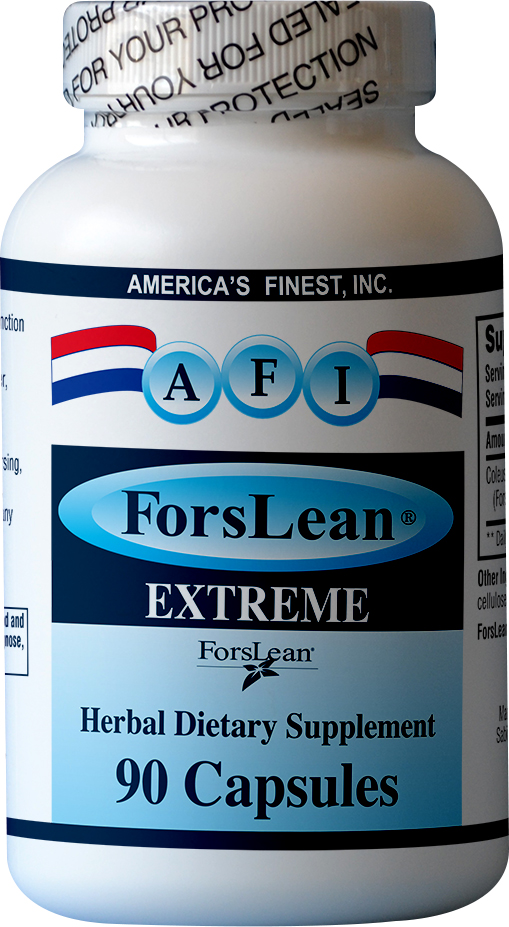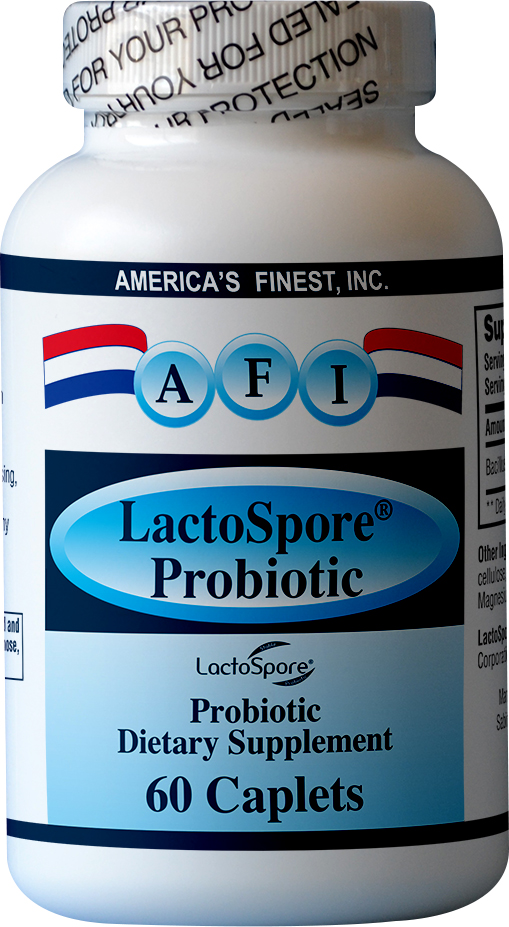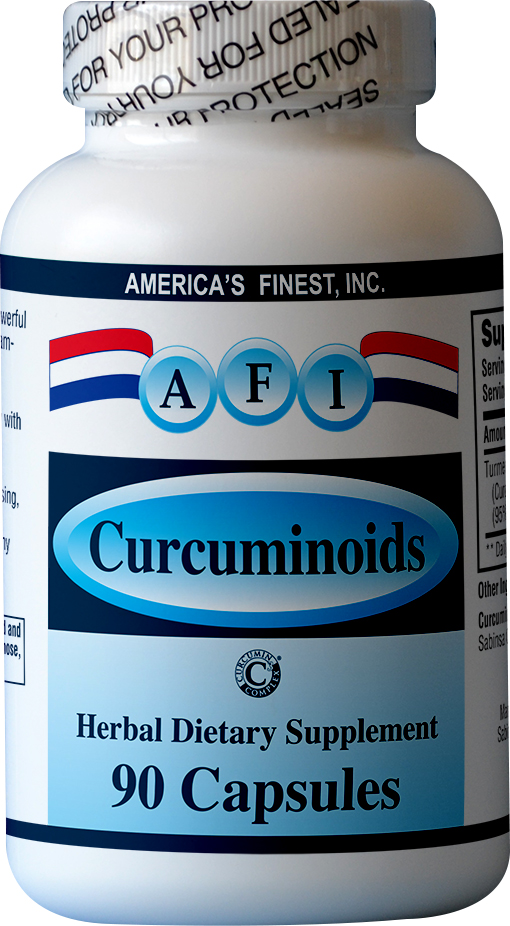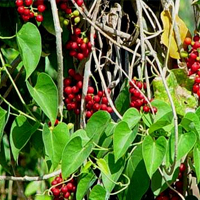Getting the Most Out of Your Health Food Supplements and Vitamins or Minerals with Black Pepper Extract
Black pepper was well known to the ancient world. It first appeared in the Sanskrit literature of India some 3,000 years ago. The first Westerner who is known to have encountered black pepper was Alexander the Great when he marched to the Punjab region in northern India in 326 B.C. He sampled it in some food under the local name of pippali. This spice was eventually exported to the Persians who had difficulty pronouncing the Indian name for it. A name change came about under King Darius who issued a royal edict for everyone to start calling it pipari instead. Our present word pepper is a derivation of that.
It was the Romans, however, who really gave pepper its major push in the culinary arts — they seasoned just about everything with it, including believe it or not, bread, milk and cheese! Black pepper was a much appreciated spice during antiquity. In 408 A.D., when Rome was besieged by Alaric, king of the Visigoths, he demanded a huge price for sparing the city: 4,000 fine garments, 2,500 kilograms of gold, 15,000 kilograms of silver and 2,500 kilograms of black pepper. His soldiers apparently enjoyed pepper — just as those from Genoa did in 1101 A.D. when they conquered Caesarea in the Levant and were rewarded with one kilogram of black pepper each.
During much of the Middle Ages, it served as “hard currency.” Some people stored it under lock and key as a measure of their fortunes and a man’s liquidity could be judged by his pepper assets. A proper annual bribe from a merchant to a tax-collector in Venice was considered to be one pound of pepper, cinnamon and ginger.
Medieval consumption of black pepper grew in amazing proportions. No longer was it just for the well-to-do, but became affordable even for the poor. Pepper even spread to the peasant classes and eventually influenced their cooking a lot. The taste for pepper was largely due to the miserable foodstuffs in the kitchens of that time — salted pork, more or less rotten beef (during the summer) and fish that had been out of the water for awhile. These stale materials were hidden under the heaps of pepper.
But court physicians who treated royalty then for a variety of health distresses, observed that whenever their subjects consumed strongly peppered meals, they experienced considerably fewer gastrointestinal problems. This prompted doctors to investigate the medicinal aspects of black pepper further. Meal digestion was largely improved and food assimilation greatly enhanced with the addition of small amounts of black pepper to each prepared dish.
When research scientists at Sabinsa Corporation became aware of this historical information, they wondered if black pepper might not do the same thing for health supplements as it had done with food for many centuries. There has always been a problem connected with the absorption of ingested nutrients in that certain amounts are “lost” or never fully utilized by the body. A number of different factors are responsible for this, which can become rather expensive to compensate for over a period of time. Individual consumers may be proned to buy additional units of their favorite nutritional supplements to make up for this inadequate absorption.
But now there is a real solution to this vexing and costly problem. Sabinsa Corporation discovered that a 95% purified extract of an important alkaloid from black pepper can enhance the bioavailability of many nutrients with virtually no loss to them in the body. It is known as Bioperine® and has been awarded two US Patents. Its active constituent, Piperine, is what gives pepper its unique pungency. This remarkable warming sensation in the gut, enables not only food, but also nutrients in supplemental form to be more readily absorbed and put to use.
A number of scientific experiments have proven this to be so time and again. When Bioperine® was administered orally to healthy humans in a dose of five milligrams per person per day, the serum levels of different tested nutrients significantly increased. Blood levels of fat-soluble beta carotene, for instance, when taken with Bioperine® for two weeks, increased by 60% over the control values, receiving the vitamin alone. When one of the B-Complex groups, Vitamin B-6 was ingested with Bioperine® it resulted in 2.5 times higher blood levels in only two hours. Furthermore, a six week supplementation program of selenium (in the form of selenomethionine) with and without this incredible ingredient, resulted in a 30% increase in serum levels of selenium in the Bioperine® group as compared to the control group. A recently completed human study involving the simultaneous administration of Bioperine® with CoQ10 yielded an absolute increase in blood serum levels of 30% as well.
The manner in which this amazing thermonutrient from pepper works, can best be explained to lay people using a comparative illustration, devoid of scientific jargon. Think of your body like a house with different rooms for leisure (brain and nerves); the kitchen for eating (stomach), the bathroom and laundry room for cleaning (colon, kidneys, liver and spleen), and so forth.
Now in each of these rooms or body compartments, there are separate thermostats for adjusting or regulating temperature. What Bioperine® does is to slightly increase the heat through a process known as thermogenesis. When this happens, the assimilation and utilization of ingested nutritional supplements become more complete or total. Your body can certainly use a boost whenever vitamins or minerals are taken. Bioperine® is the right ingredient for the job.
US Patents #5,536,506, 5,744,161, 5,972,382, and 6,054,585. Worldwide patents pending.

